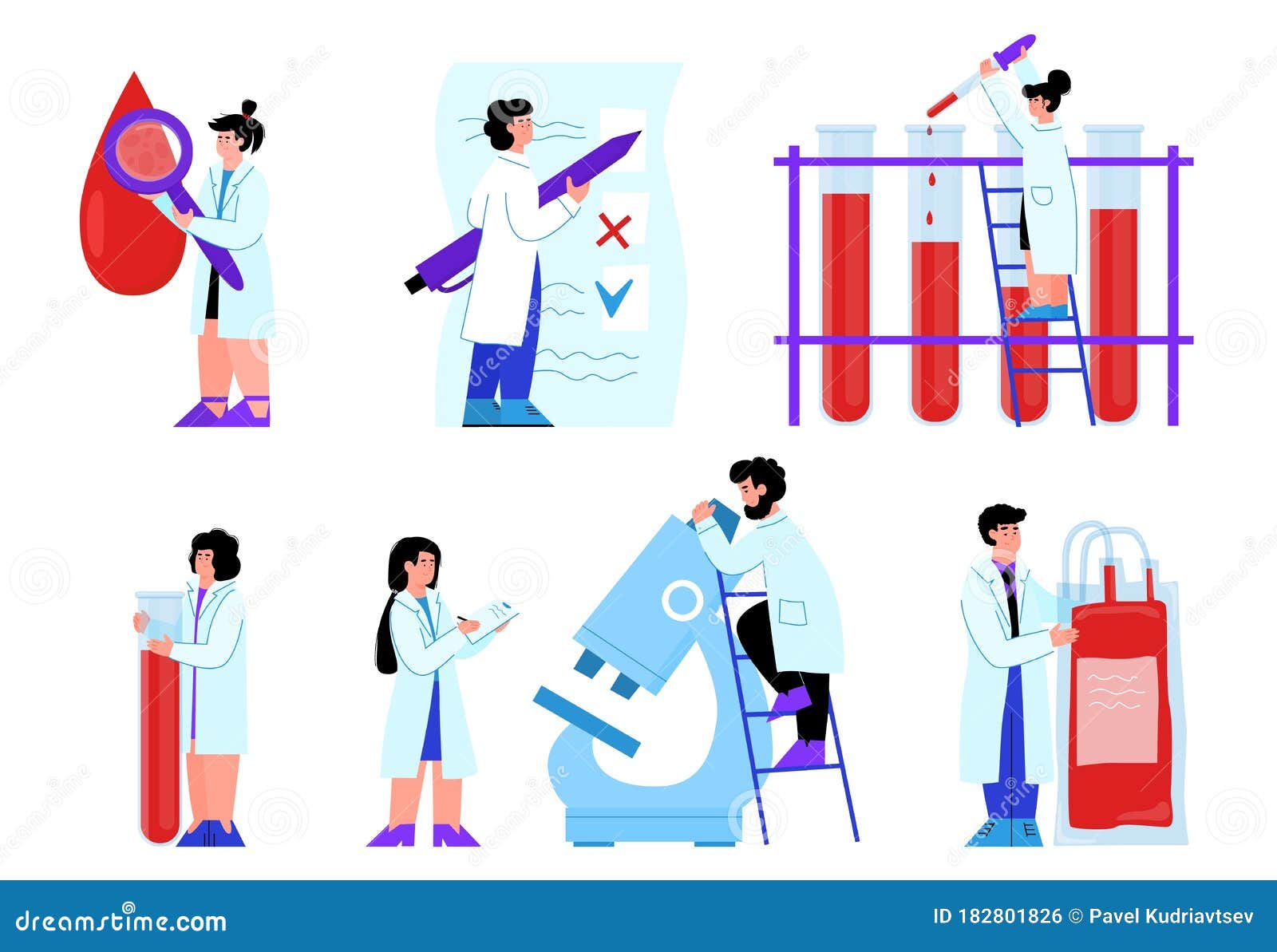Veterinary Laboratories: Protecting the Health of Dogs and Cats
Veterinary Laboratories: Protecting the Health of Dogs and Cats
Blog Article
Dogs and cats bring joy to our homes, and supporting their wellness requires effort. Pet health labs play a crucial role in guiding treatment plans for our four-legged friends.
In this guide, we’ll explore how diagnostic testing supports pet health and highlight the most common exams.
How Do Veterinary Laboratories Work?
Veterinary laboratories offer diagnostic solutions for testing biological materials. These labs support animal doctors to ensure timely interventions.

Typical procedures usually includes:
- Collecting pet health data: Health markers are collected at clinics.
- Advanced diagnostics: State-of-the-art processes provide results.
- Reporting outcomes: Data supports treatments for effective health management.
Essential Tests in Veterinary Labs
Labs provide diverse options for health checks to monitor overall health. Frequently used procedures include:
- Blood tests: Monitor immune responses.
- Urinary health exams: Identify dehydration.
- Parasite checks: Monitor intestinal health.
- Skin health exams: Improve coat health.
- X-rays and ultrasounds: Evaluate bone and joint health.
clinica veterinaria laboratorio
laboratório veterinário perto de mimlaboratorio de exames veterinarios
How Testing Supports Pet Health
Frequent health checks is key to keeping pets healthy. Through these tests, vets can provide better care.

Additional benefits include:
- Effective treatments: Recovery chances improve.
- Lower medical expenses: Early detection reduces expenses.
- Trust in their well-being: Stay ahead of potential issues.
Conclusion: Veterinary Labs as a Cornerstone of Pet Health
Animal diagnostic centers help pets live long, healthy lives. By using these valuable resources, you give them the care they deserve.
Schedule a diagnostic exam now and help them live their best lives!
Report this page